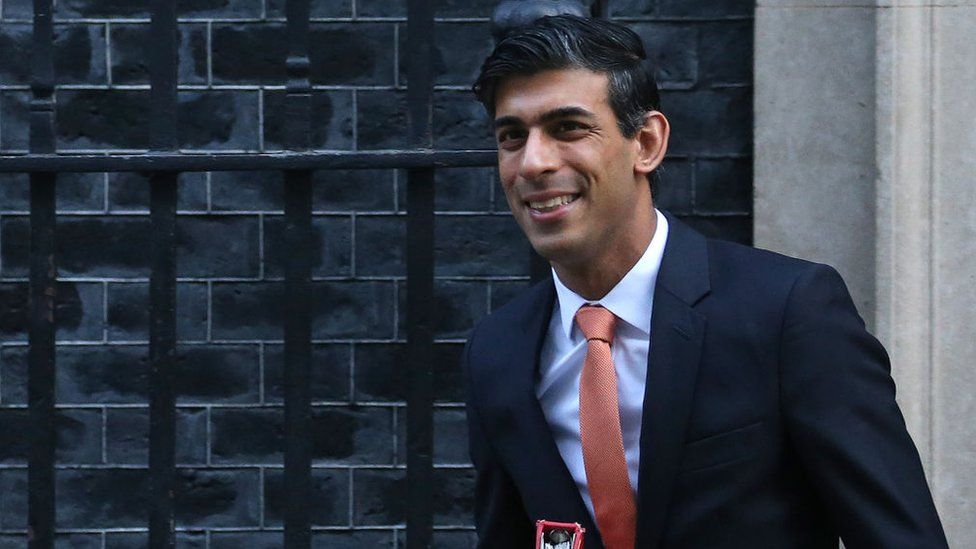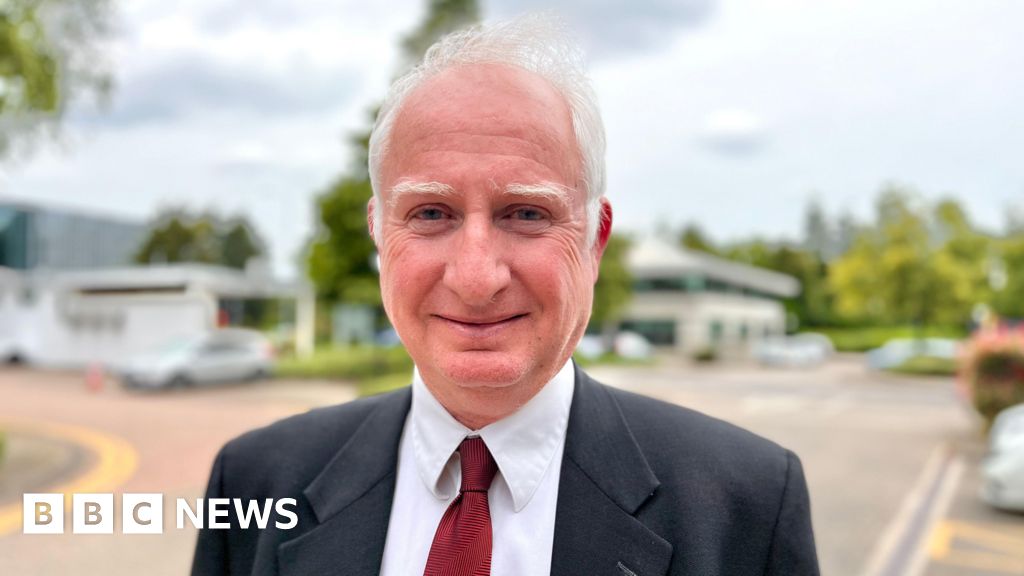ARTICLE AD BOX
 Image source, Getty Images
Image source, Getty Images
Rishi Sunak will become the UK's next prime minister, having won the Tory leadership contest.
It follows the resignation of Liz Truss after just 45 days.
What does the prime minister do?
The prime minister leads the government and is appointed by the monarch. Normally, he or she is also leader of the party that wins a general election.
Ultimately, the prime minister is responsible for all government policy and decisions.
It's also their job to choose members of the government, known as ministers.
Image source, Getty Images
Image caption,Ms Truss will be the shortest serving prime minister in British history
The most senior figures are called cabinet ministers. They lead government departments - such as the Treasury and Home Office.
The prime minister can, at any time, hire and fire ministers. They can also abolish government departments or create new ones.
Alongside the chancellor, the prime minister is in charge of tax-and-spending policy.
The prime minister and their ministers can also bring in new laws - as long as they are backed by Parliament.
What other powers does the prime minister have?
The prime minister has overall control of the civil service - the people and departments that carry out government's decisions.
They also make decisions about the UK's defence and security.
For example, they have the power to send the UK's armed forces into action. However, recent convention says Parliament should also approve such a move, where this is possible.
A number of special responsibilities also rest on the prime minister's shoulders, such as deciding whether to shoot down a hijacked or unidentified aircraft. They can also authorise the use of the UK's nuclear weapons.
Honours, such as knighthoods and damehoods, are put forward by the PM. They can also recommend peerages - where someone becomes a member of the House of Lords.
The prime minister usually has a weekly meeting with the King to brief him on government matters. These meetings are private and there is no official record of what is said.
WATCH: 'Dear oh dear' - King Charles greets Truss
How much does the prime minister earn and where do they live?
The prime minister is entitled to a salary of £164,080: £84,144 for being an MP, plus a further £79,936 for being PM.
The prime minister traditionally lives and works in 10 Downing Street - which has been the office of the prime minister since 1735.
However, recent prime ministers - including former Tory PM Boris Johnson - have chosen to reside in Number 11 as it has a larger living area.
In addition, the prime minister has an official country residence, Chequers in Buckinghamshire.
Image source, Getty Images
Image caption,Chequers has been the official country residence of the UK prime minister since 1921
How much money do former PMs receive?
The money is to help with office and secretarial costs "arising from their special position in public life". It is for former PMs who are still active in public life and not for their private lives.
How are prime ministers held to account?
Despite their powers, prime ministers can't just take any decision they like.
They need to retain the confidence of most MPs. That's because laws can only be passed if a majority of MPs vote them through.
If a government repeatedly loses votes, MPs can choose to call a "motion of no confidence". If a prime minister loses such a vote, they face the prospect of a general election.
Tory MPs urged Ms Truss to go following the ditching of most of her economic policies.
Will there be a general election?
When a prime minister resigns, there isn't automatically a general election.
When Theresa May took over from David Cameron in July 2016, for example, she decided not to call an immediate election.
Boris Johnson became PM in July 2019, but didn't call an election until December.

 2 years ago
45
2 years ago
45








 English (US)
English (US)